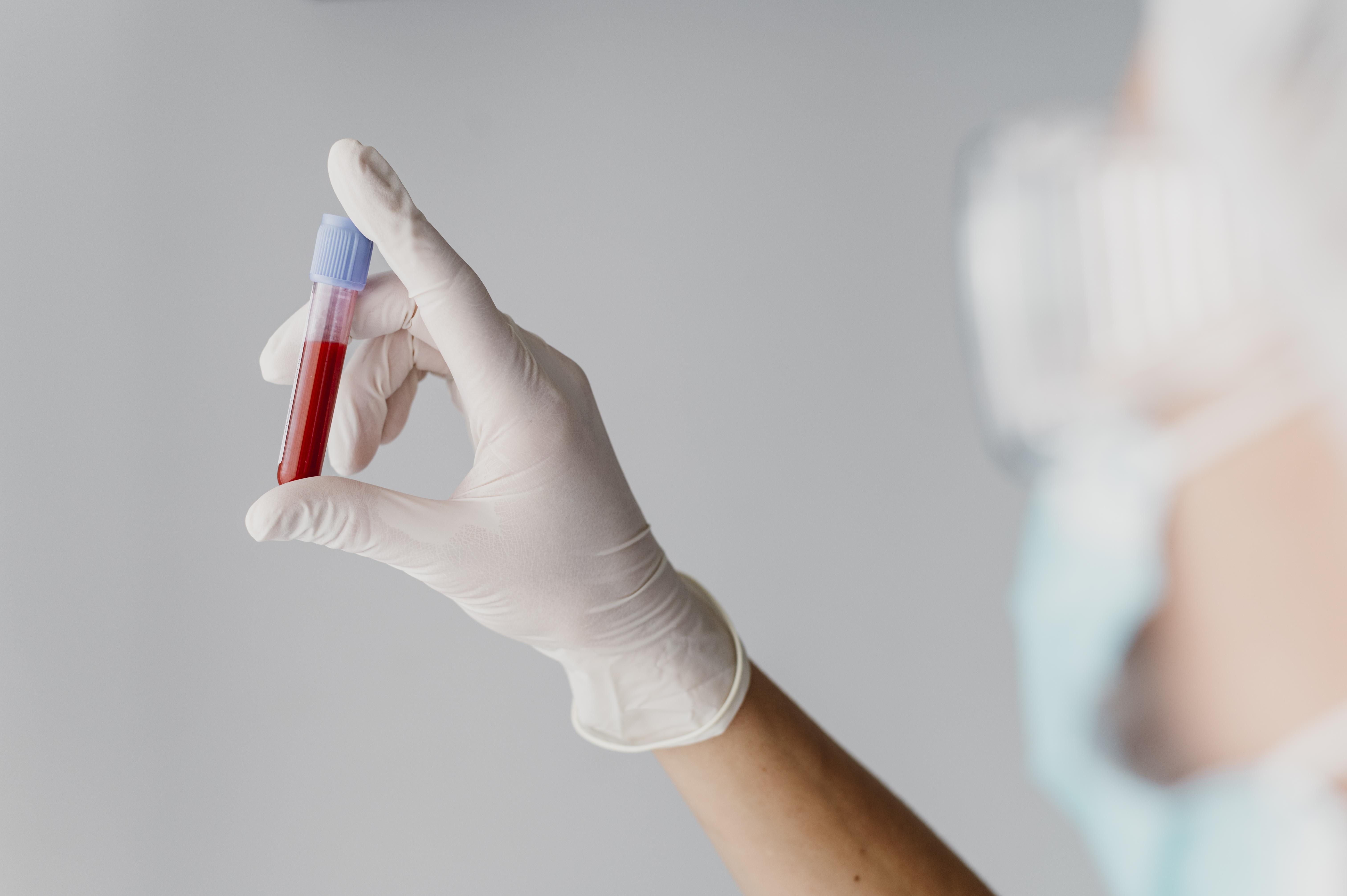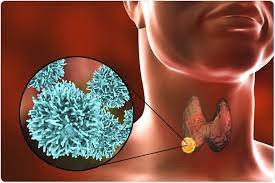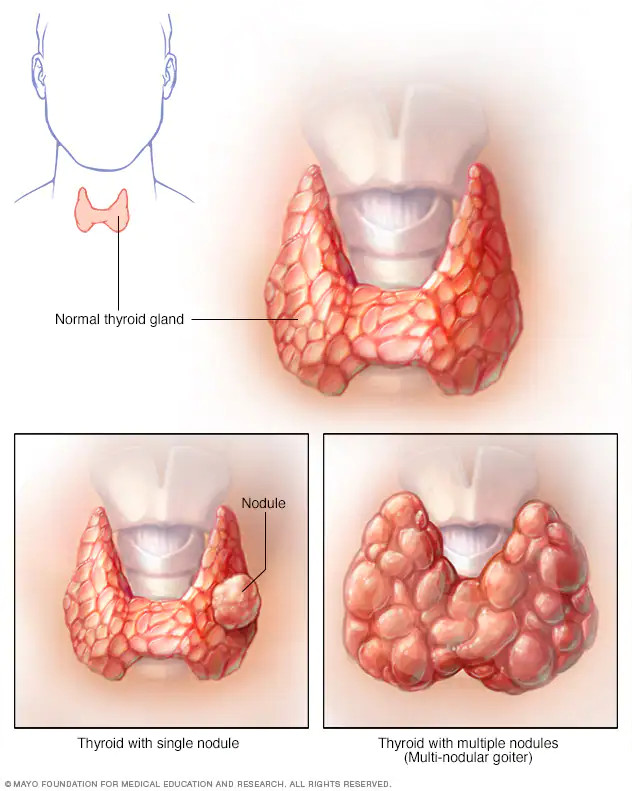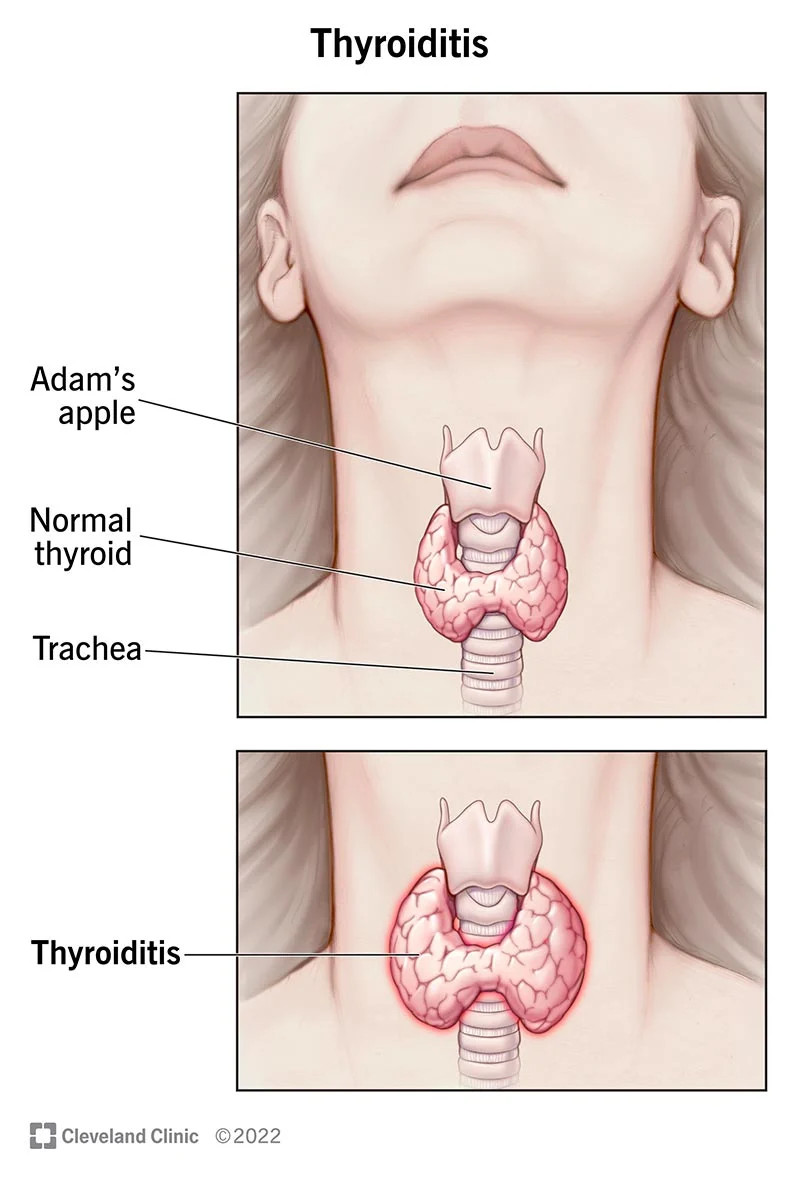Definisi
Pemeriksaan FT3 (free triiodothyronine) adalah pemeriksaan untuk mengukur kadar FT3 di dalam darah. FT3 merupakan bentuk bebas dari hormon T3, dimana bentuk ini tidak terikat dengan protein dan dapat bersirkulasi dengan bebas ke seluruh tubuh.
Hormon T3 dihasilkan oleh kelenjar tiroid. Kelenjar tiroid terletak di bagian depan leher, berbentuk seperti kupu-kupu, dan berukuran kecil. Selain T3, kelenjar tiroid juga menghasilkan hormon lain yaitu T4 (thyroxine). Kedua hormon ini berkerja sama dalam mengatur suhu tubuh, berat badan, dan detak jantung.
Pemeriksaan FT3 digunakan untuk mendiagnosa penyakit tiroid, seperti hipertiroidisme. Hipertiroidisme adalah kondisi dimana kelenjar tiroid memproduksi terlalu banyak hormon tiroid sehingga menyebabkan gangguan metabolisme. Pemeriksaan ini umumnya dilakukan secara bersamaan dengan pemeriksaan T4 dan TSH (Tiroid Stimulating Hormone).
Indikasi
Pemeriksaan ini biasanya dikerjakan pada beberapa kondisi sebagai berikut, yaitu:
- Untuk membantu penegakkan diagnosis penyakit kelenjar tiroid
- Untuk membantu menilai apakah ada kelainan fungsi kelenjar tiroid apabila terdapat gejala dan tanda tertentu
- Untuk memantau perkembangan penyakit setelah pemberian regimen pengobatan
- Untuk penapisan atau skrining pada orang yang berisiko tinggi terkena penyakit tiroid (terutama pada anggota keluarga yang memiliki riwayat penyakit tiroid)
Kontraindikasi
Tidak ada kontraindikasi atau kondisi yang membuat seseorang tidak bisa melakukan pemeriksaan ini.
Baca Juga: Pemeriksaan Pemeriksaan TSH - Indikasi, Prosedur, dan Hasil Pemeriksaan | AI Care (ai-care.id)
Persiapan Sebelum Pemeriksaan
Tidak ada persiapan khusus sebelum melakukan pemeriksaan FT3. Pemeriksaan ini bisa dilakukan dalam keadaan tidak berpuasa. Meskipun demikian, Anda disarankan untuk melakukan konsultasi medis terlebih dahulu kepada dokter sebelum melakukan pemeriksaan FT3 sebab ada beberapa kondisi tertentu yang dapat menganggu hasil laboratorium sehingga tidak menggambarkan kondisi Anda yang sesungguhnya.
Informasikan juga kepada dokter mengenai obat-obatan yang sedang Anda konsumsi, karena beberapa obat dapat memengaruhi hasil pemeriksaan. Obat-obatan yang dapat memengaruhi hasil pemeriksaan FT3 antara lain:
- Obat yang mengandung hormon, seperti pil KB
- Obat untuk mengatasi penyakit tiroid
- Obat golongan steroid
Prosedur Pemeriksaan
Pemeriksaan FT3 umumnya menggunakan sampel serum darah sebanyak 0,25 - 0,5 ml. Sampel serum darah ini diambil dari pembuluh darah vena dan akan dikumpulkan ke dalam tabung khusus. Petugas laboratorium akan memakai sarung tangan khusus dan APD (Alat Pelindung Diri) saat mengambil sampel pemeriksaan.
Sebelum mengambil darah, petugas akan memasang pita elastis dan membersihkan area penusukan jarum dengan kasa antiseptik. Biasanya petugas mengambil darah di area lipatan siku. Setelah darah diambil dan dimasukkan ke dalam tabung khusus, petugas akan melepas pita elastis yang terpasang, menekan dan membersihkan area penusukan dengan kasa antiseptik.
Prosedur pemeriksaan ini hanya berlangsung selama beberapa menit saja. Sampel darah yang telah didapatkan akan diperiksakan menggunakan alat khusus di laboratorium, dan hasilnya bisa diketahui dalam beberapa jam kemudian.
Nilai Normal dan Abnormal
Rentang nilai normal pemeriksaan FT3 umumnya dibedakan berdasarkan usia. Secara umum, berikut ini merupakan nilai normal pada hasil pemeriksaan FT3.
|
Usia |
Nilai (pg/mL) |
|
0 - 3 hari |
2,0 - 7,9 |
|
4 - 30 hari |
2,0 - 5,2 |
|
1 - 12 bulan |
1,6 - 6,4 |
|
1 - 5 tahun |
2,0 - 6,0 |
|
6 - 10 tahun |
2,7 - 5,2 |
|
11 - 19 tahun |
2,3 - 5,0 |
|
> 19 tahun |
2,0 - 4,4 |
Berdasarkan tabel di atas dapat diketahui bahwa kadar FT3 dalam darah memiliki nilai rentang normal dengan batas atas dan bawah yang bervariasi sesuai dengan usia. Kadar FT3 darah dianggap tidak normal bila hasilnya lebih rendah atau lebih tinggi dari rentang nilai normal yang tercantum pada tabel.
Meskipun demikian, setiap laboratorium memiliki rentang nilai yang sedikit berbeda antara satu laboratorium dengan laboratorium lainnya. Hal ini terjadi karena perbedaan alat atau mesin yang digunakan.
Baca Juga: Penyakit Tiroiditis - Definisi, Penyebab, Gejala, dan Tata Laksana | AI Care (ai-care.id)
Hasil dan Saran (Pemeriksaan Lanjutan)
Rendah
Jika hasil pemeriksaan FT3 Anda menunjukkan nilai rendah, kemungkinan Anda memiliki kondisi hiportiroidisme. Meskipun demikian, pemeriksaan FT3 sebaiknya diikuti juga dengan pemeriksaan FT4 dan TSH agar dapat dipahami sepenuhnya mengenai kondisi medis yang terjadi.
Terdapat beberapa kondisi yang dapat menyebabkan nilai FT3 rendah, di antaranya tiroiditis, malnutrisi, dan penyakit kronis.
Meskipun nilai FT3 Anda menunjukkan nilai yang rendah, Anda tidak disarankan untuk melakukan diagnosis medis sendiri sehingga perlu datang ke dokter untuk melakukan konsultasi dan pemeriksaan fisik apabila ada keluhan dan tanda tertentu.
Normal
Jika hasil pemeriksaan FT3 Anda menunjukkan nilai normal, kemungkinan Anda telah menjalankan pola hidup sehat dengan baik dan tidak ada kelainan yang berhubungan dengan penyakit tiroid apabila tidak ada gejala dan tanda klinis tertentu.
Anda disarankan untuk tetap mempertahankan pola hidup sehat Anda saat ini sehingga dapat mencegah penyakit tiroid yang ditandai oleh nilai FT3 yang terlalu tinggi atau rendah.
Tinggi
Jika hasil pemeriksaan FT3 Anda menunjukkan nilai tinggi, sebaiknya Anda berkonsultasi dengan dokter karena kemungkinan Anda memiliki kondisi hipertiroidisme.
Beberapa kondisi medis yang menunjukkan kadar FT3 tinggi, di antaranya kondisi tirotoksikosis, toxic nodular goiter, dan penyakit liver. Selain itu, kadar FT3 yang tinggi dapat disebabkan oleh konsumsi obat untuk penyakit tiroid, pil KB, dan obat yang mengandung hormon seperti estrogen.
Konsultasikan ke Dokter yang Tepat
Hasil pemeriksaan FT3 pada orang dewasa dapat dikonsultasikan dengan dokter umum, untuk selanjutnya dilakukan pemeriksaan lanjutan ataupun memulai terapi untuk diagnosis yang sesuai. Anda juga dapat berkonsultasi dengan dokter spesialis penyakit dalam konsultan metabolik dan endokrin untuk berdiskusi mengenai masalah FT3 Anda lebih jauh. Pada pasien anak, hasil pemeriksaan selain normal harus dikonsultasikan dengan dokter spesialis anak.
Mau tahu informasi seputar hasil pemeriksaan laboratorium, radiologi, dan lainnya? Cek di sini, ya!
- dr Nadia Opmalina
Triiodothronine (T3) Tests. (2021). Retrieved 09 January 2023, from https://medlineplus.gov/lab-tests/triiodothyronine-t3-tests/
T3 (Triiodothyronine) Test. (2022). Retrieved 09 January 2023, from https://my.clevelandclinic.org/health/diagnostics/22425-triiodothyronine-t3
T3 Test. (2022). Retrieved 09 January 2023, from https://www.mountsinai.org/health-library/tests/t3-test
What is a T3 Test?. (2019). Retrieved 09 January 2023, from https://www.healthline.com/health/t3
T3 Test. (2021). Retrieved 09 January 2023, from https://www.testing.com/tests/t3-test/
What to Know About T3 Levels. (2020). Retrieved 09 January 2023, from https://www.medicalnewstoday.com/articles/t3-levels
T3 (Triiodothyronine) Test. (2022). Retrieved 09 January 2023, from https://www.uclahealth.org/medical-services/surgery/endocrine-surgery/patient-resources/patient-education/endocrine-surgery-encyclopedia/t3-triiodothyronine-test
What Is a T3 Test?. (2021). Retrieved 09 January 2023, from https://www.webmd.com/a-to-z-guides/what-is-t3-test
FT3 Test. (2018). Retrieved 09 January 2023, from https://labtestsonline.org.uk/tests/ft3
What is a Triiodothyronine Test?. (2022). Retrieved 09 January 2023, from https://www.verywellhealth.com/free-triiodothyronine-test-458741
Free and Bound Triiodothyronine (Bloos). (2022). Retrieved 09 January 2023, from https://www.urmc.rochester.edu/encyclopedia/content.aspx?ContentTypeID=167&ContentID=t3_free_and_bound_blood
T3 (Triiodothronine), Free, Serum. (2023). Retrieved 09 January 2023, from https://www.mayocliniclabs.com/test-catalog/Overview/9404












